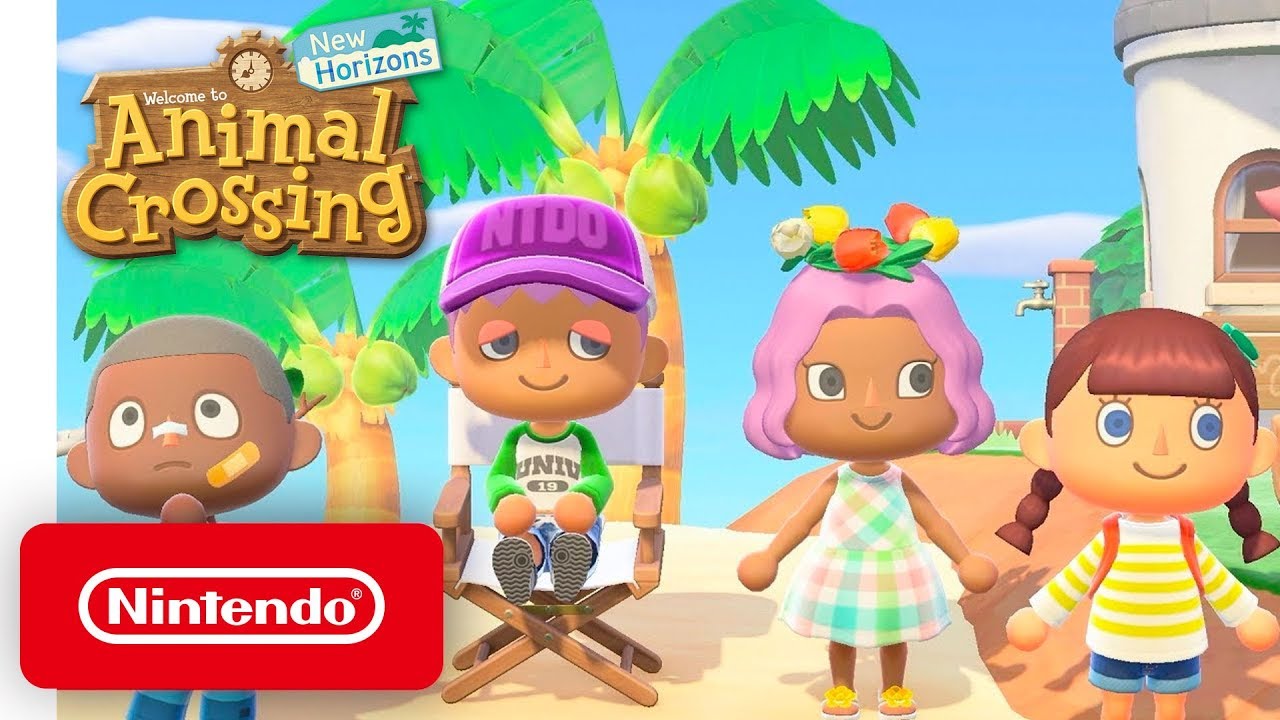Final Fantasy VII Remake Director Confirms Lack of Original Design Documentation: Impact on Game Preservation
The ongoing success and global impact of the Final Fantasy VII Remake have reaffirmed both the resonance of the original PlayStation classic and Square Enix’s development prowess.
As the remake brings a beloved story to a new generation of gamers, questions of authenticity, creative vision, and legacy preservation have come under renewed scrutiny.
In an extensive interview with Eurogamer, Final Fantasy VII Remake director Naoki Hamaguchi revealed a major challenge: virtually all of the original design documentation for the seminal 1997 title is missing—a stark reminder of how game preservation practices lagged in the 1990s. Hamaguchi stated candidly that there is "almost no documentation left over from that period at all, practically none." He described development in that era as being akin to the "Wild West," with little attention paid to data management or archiving.
“There’s basically nothing,” he explained, apart from some character design sketches and materials included in third-party publications like the Ultimania guides.
Critical components such as mid-development notes and key design documents are simply not available to the current team. The absence of original documentation forces the remake team to rely on the knowledge and memories of veteran staff members.
Hamaguchi expressed a clear commitment: "The one thing I didn’t want to do was overwrite the original game with my own fan perspective and create something that feels more like fan fiction than a faithful reimagining." He noted that, had more records been available, referencing the original developers’ intentions would have been much easier.
Instead, the remake’s authenticity is safeguarded by direct input from several key figures who worked on the original Final Fantasy VII, including Kitase Yoshinori (director), Nomura Tetsuya (character artist), Toriyama Motomu (event planner), and Nojima Kazushige (writer). Hamaguchi elaborated that having the original creative minds accessible throughout the development process was invaluable: "Any time I had doubts about whether something was true to the spirit of Final Fantasy VII, or whether a change was appropriate, I was able to consult these legendary creators directly.
Their involvement ensured that important legacy elements were preserved and reinterpreted for modern audiences." The issue of missing source code and documentation is not unique to Final Fantasy VII.
A similar situation was cited by Kazutoyo Maehiro, director of the Final Fantasy Tactics – The Ivalice Chronicles remaster, underscoring a widespread preservation problem in the industry’s formative decades.
With more classic games being revived for platforms such as the Nintendo Switch and the eShop, the question of how to balance creative fidelity with lost historical materials remains central for developers and gaming historians alike. The case of Final Fantasy VII highlights both the challenges and the importance of responsible game preservation.
While much of the original developmental roadmap for Square Enix’s iconic RPG has been lost, the involvement of its core architects has ensured that the spirit of the classic lives on for a new generation of players—a legacy that continues to shape the industry’s approach to remasters and remakes on modern hardware.
As the remake brings a beloved story to a new generation of gamers, questions of authenticity, creative vision, and legacy preservation have come under renewed scrutiny.
In an extensive interview with Eurogamer, Final Fantasy VII Remake director Naoki Hamaguchi revealed a major challenge: virtually all of the original design documentation for the seminal 1997 title is missing—a stark reminder of how game preservation practices lagged in the 1990s. Hamaguchi stated candidly that there is "almost no documentation left over from that period at all, practically none." He described development in that era as being akin to the "Wild West," with little attention paid to data management or archiving.
“There’s basically nothing,” he explained, apart from some character design sketches and materials included in third-party publications like the Ultimania guides.
Critical components such as mid-development notes and key design documents are simply not available to the current team. The absence of original documentation forces the remake team to rely on the knowledge and memories of veteran staff members.
Hamaguchi expressed a clear commitment: "The one thing I didn’t want to do was overwrite the original game with my own fan perspective and create something that feels more like fan fiction than a faithful reimagining." He noted that, had more records been available, referencing the original developers’ intentions would have been much easier.
Instead, the remake’s authenticity is safeguarded by direct input from several key figures who worked on the original Final Fantasy VII, including Kitase Yoshinori (director), Nomura Tetsuya (character artist), Toriyama Motomu (event planner), and Nojima Kazushige (writer). Hamaguchi elaborated that having the original creative minds accessible throughout the development process was invaluable: "Any time I had doubts about whether something was true to the spirit of Final Fantasy VII, or whether a change was appropriate, I was able to consult these legendary creators directly.
Their involvement ensured that important legacy elements were preserved and reinterpreted for modern audiences." The issue of missing source code and documentation is not unique to Final Fantasy VII.
A similar situation was cited by Kazutoyo Maehiro, director of the Final Fantasy Tactics – The Ivalice Chronicles remaster, underscoring a widespread preservation problem in the industry’s formative decades.
With more classic games being revived for platforms such as the Nintendo Switch and the eShop, the question of how to balance creative fidelity with lost historical materials remains central for developers and gaming historians alike. The case of Final Fantasy VII highlights both the challenges and the importance of responsible game preservation.
While much of the original developmental roadmap for Square Enix’s iconic RPG has been lost, the involvement of its core architects has ensured that the spirit of the classic lives on for a new generation of players—a legacy that continues to shape the industry’s approach to remasters and remakes on modern hardware.






